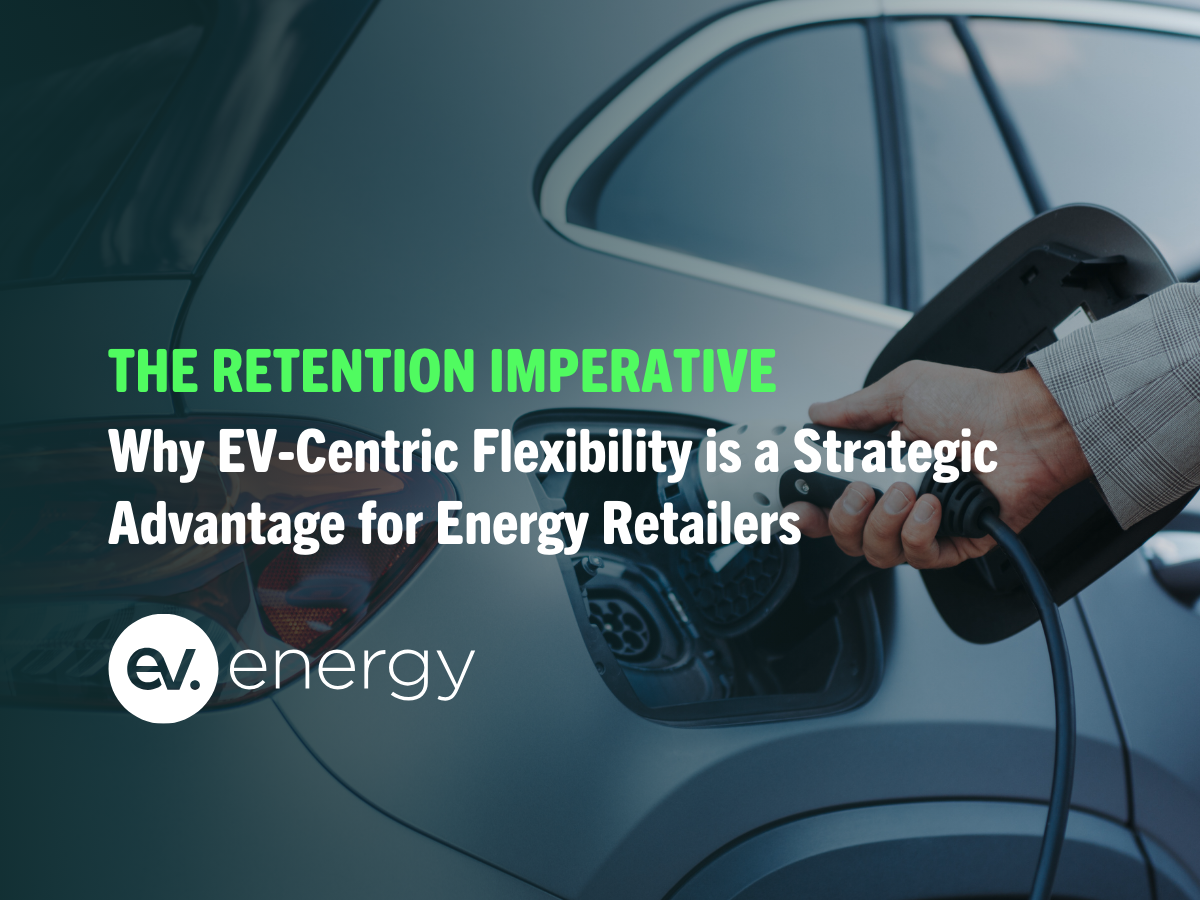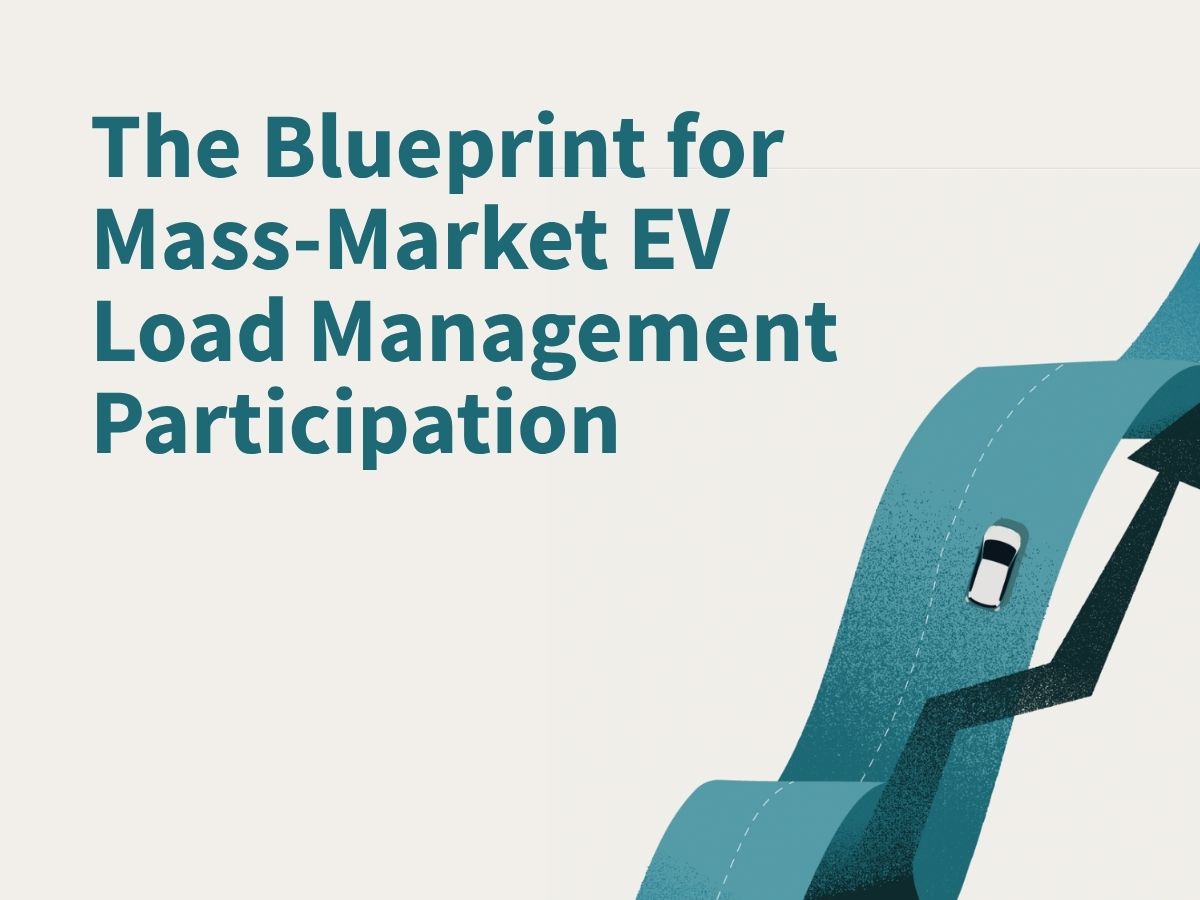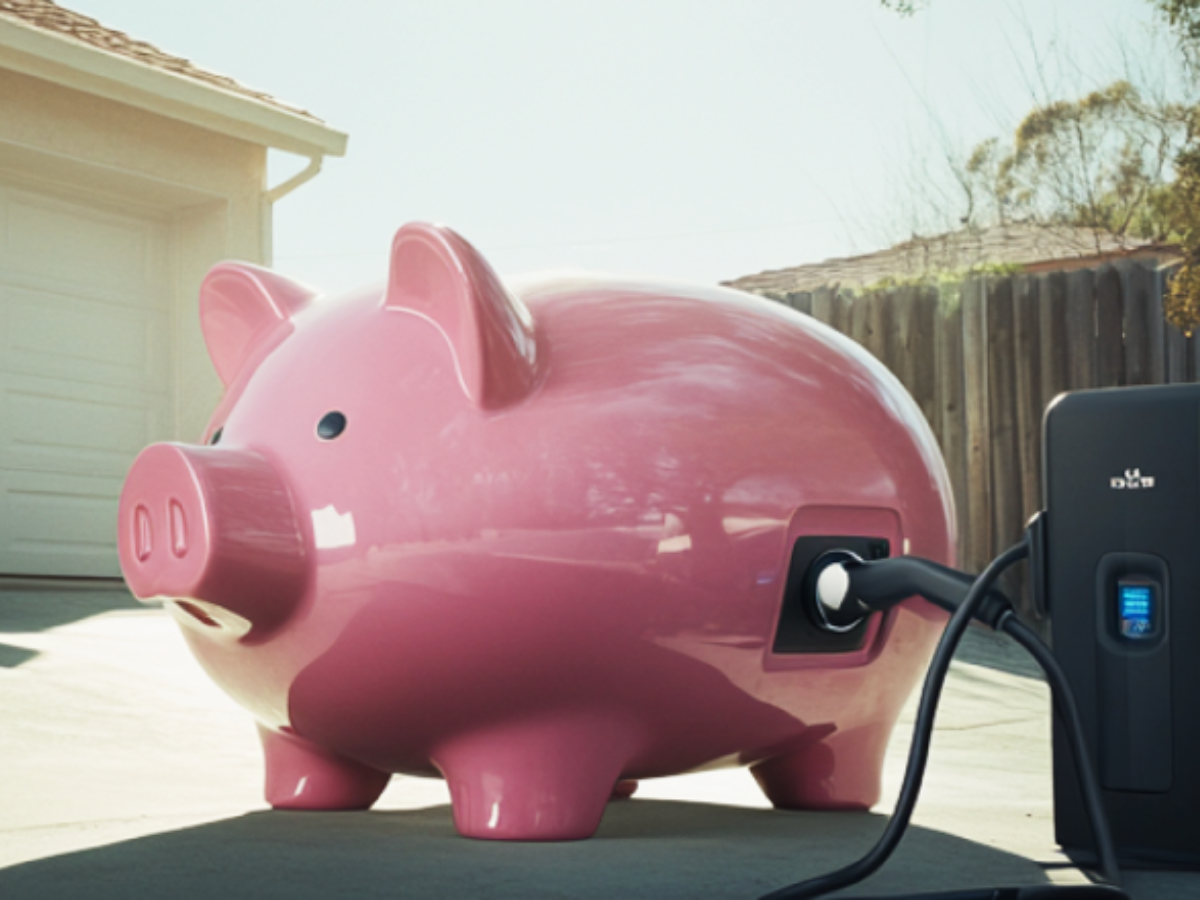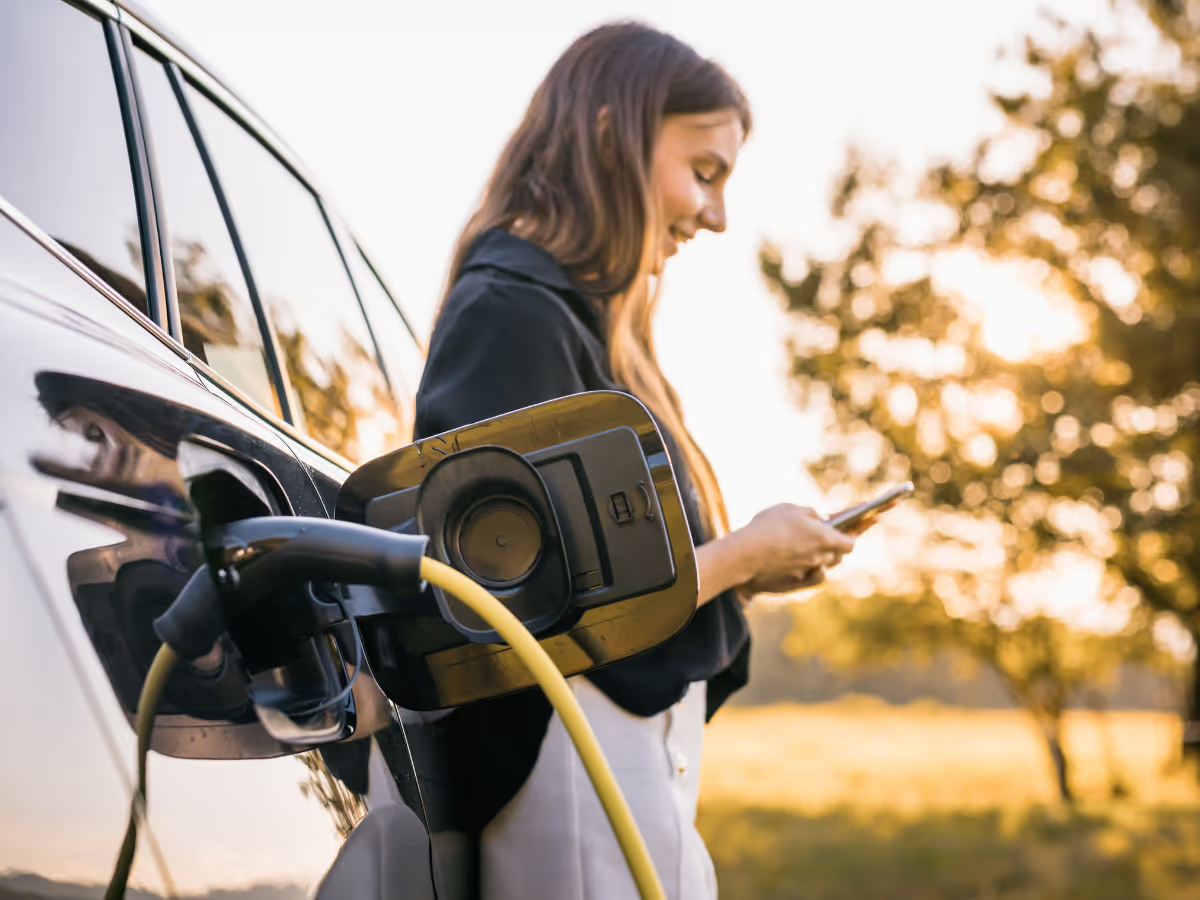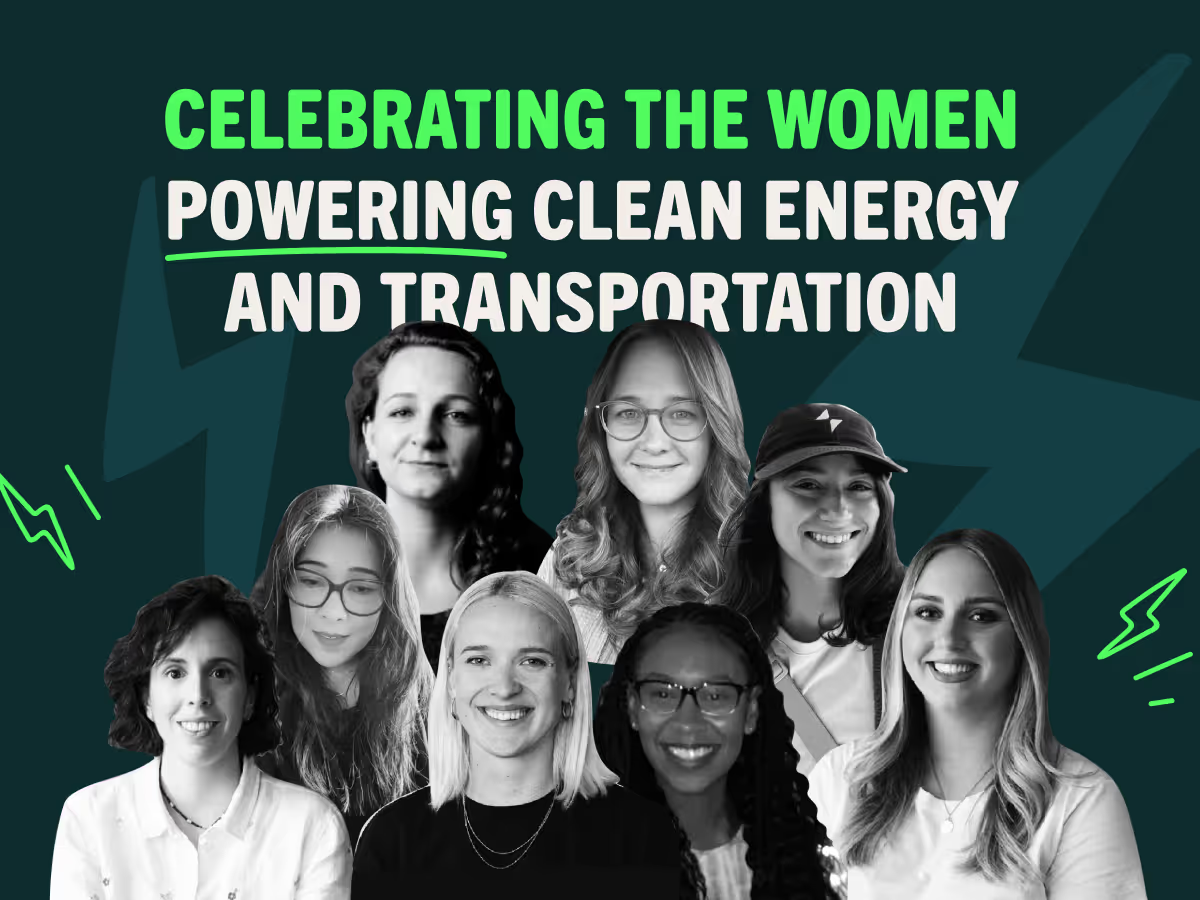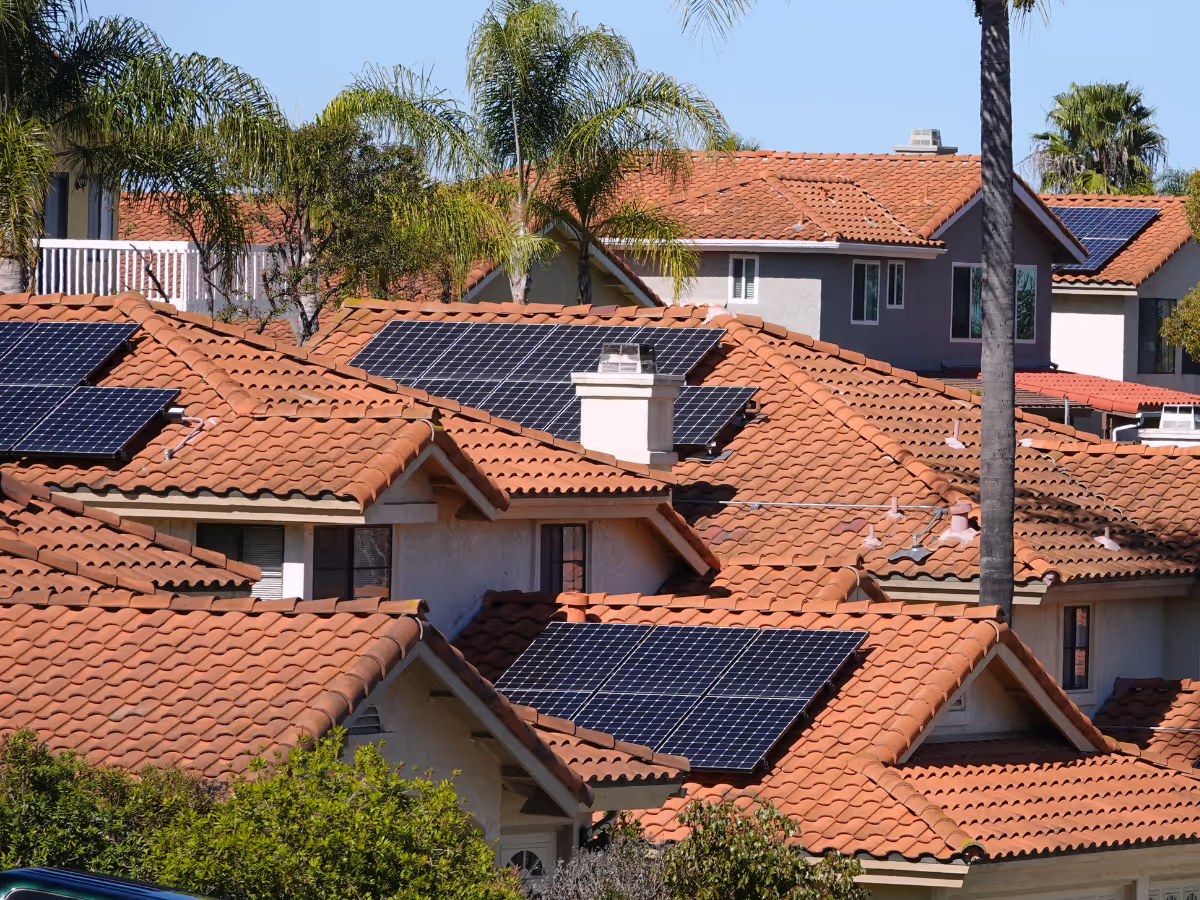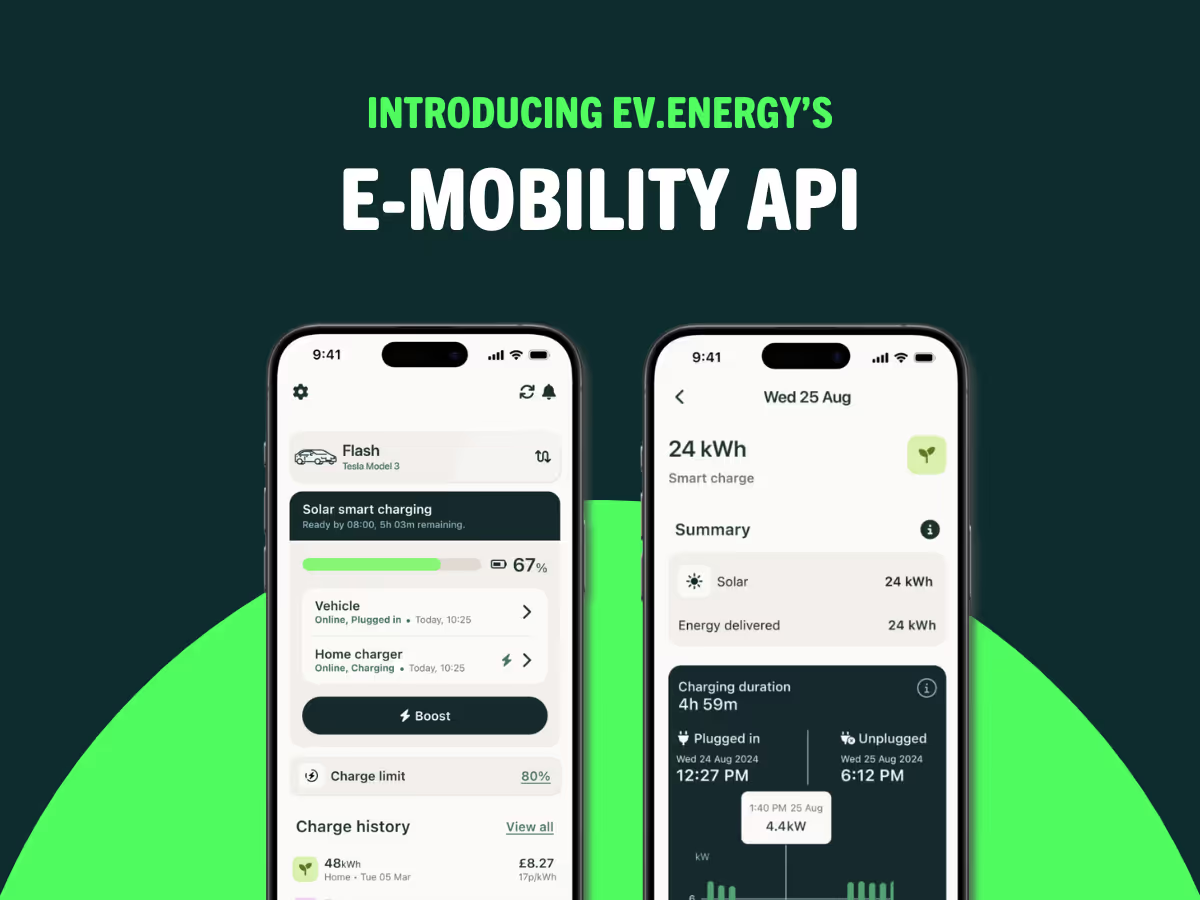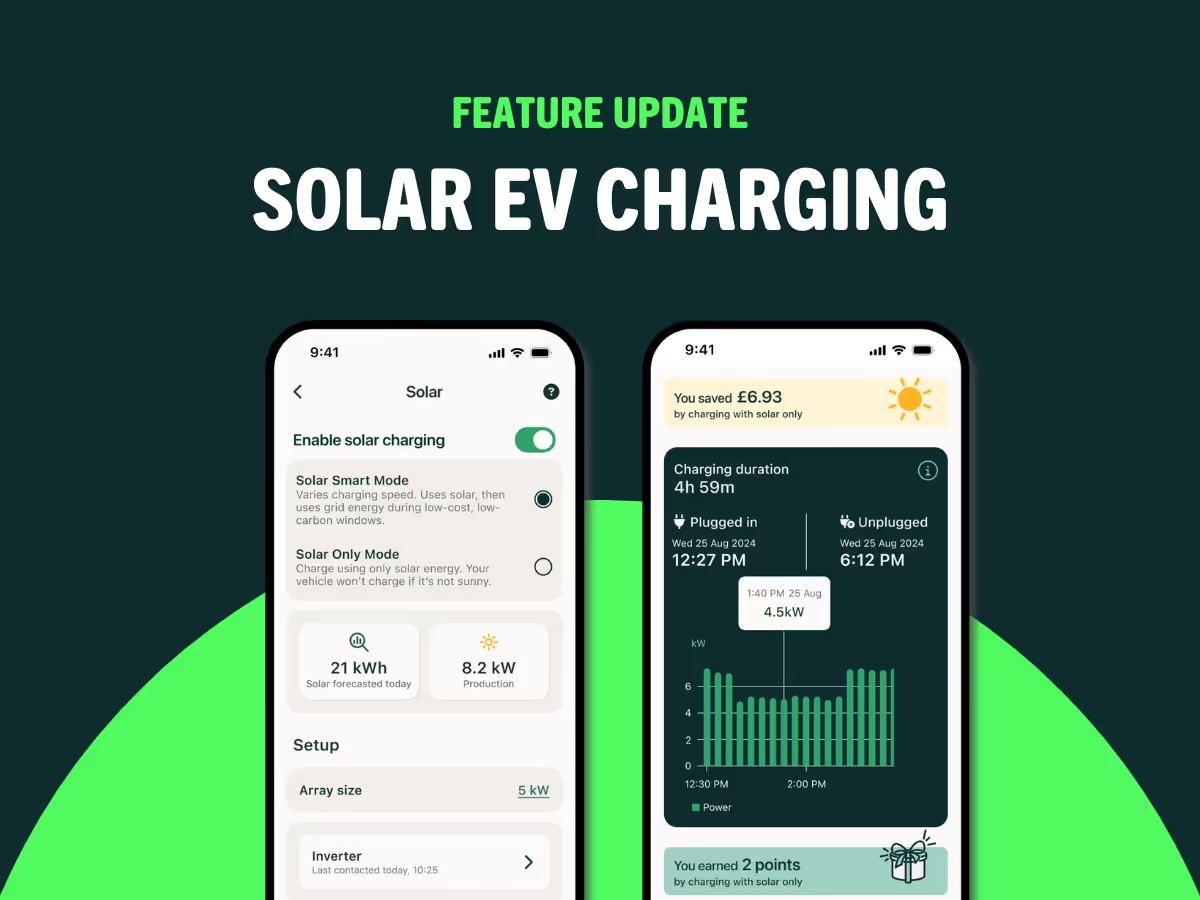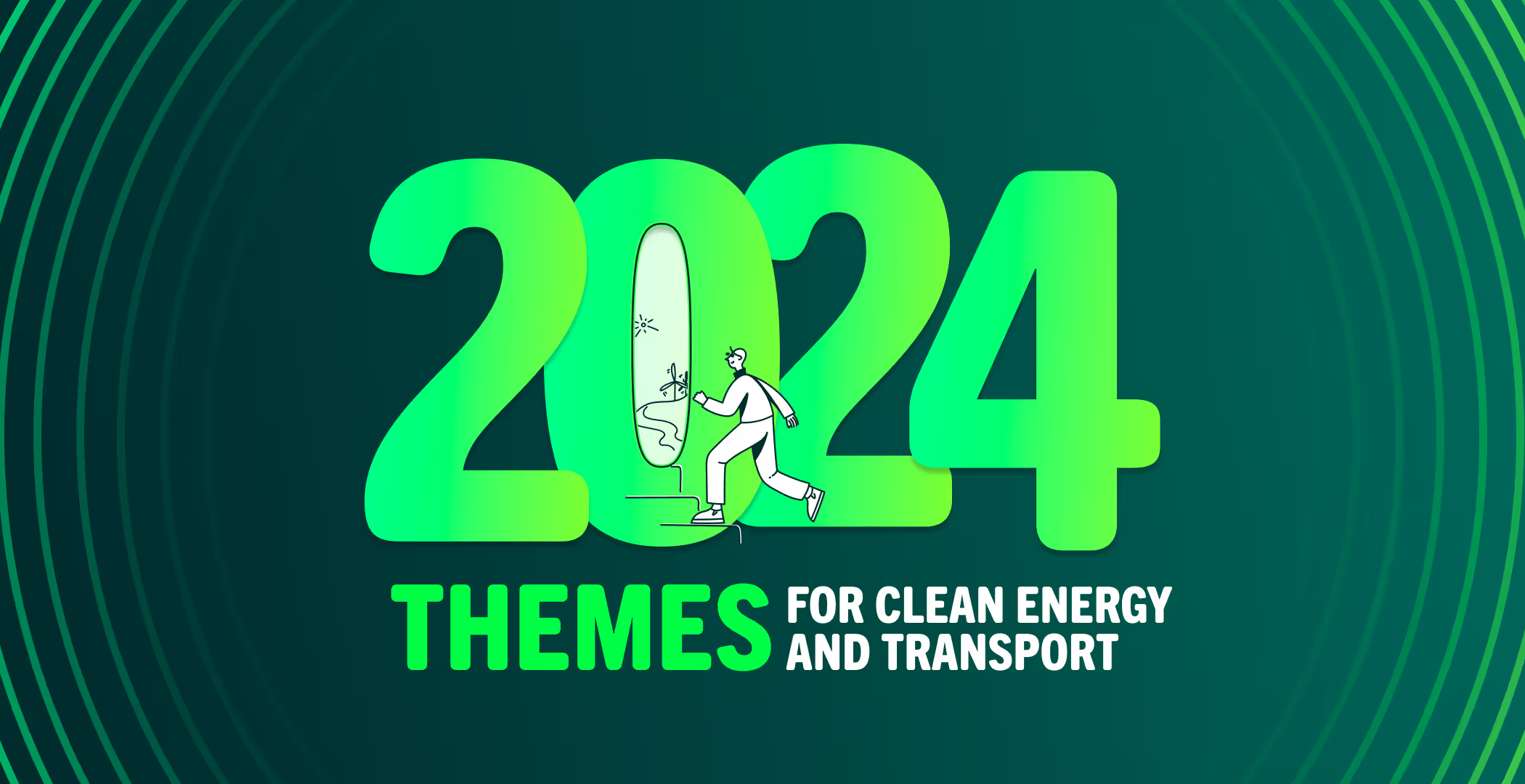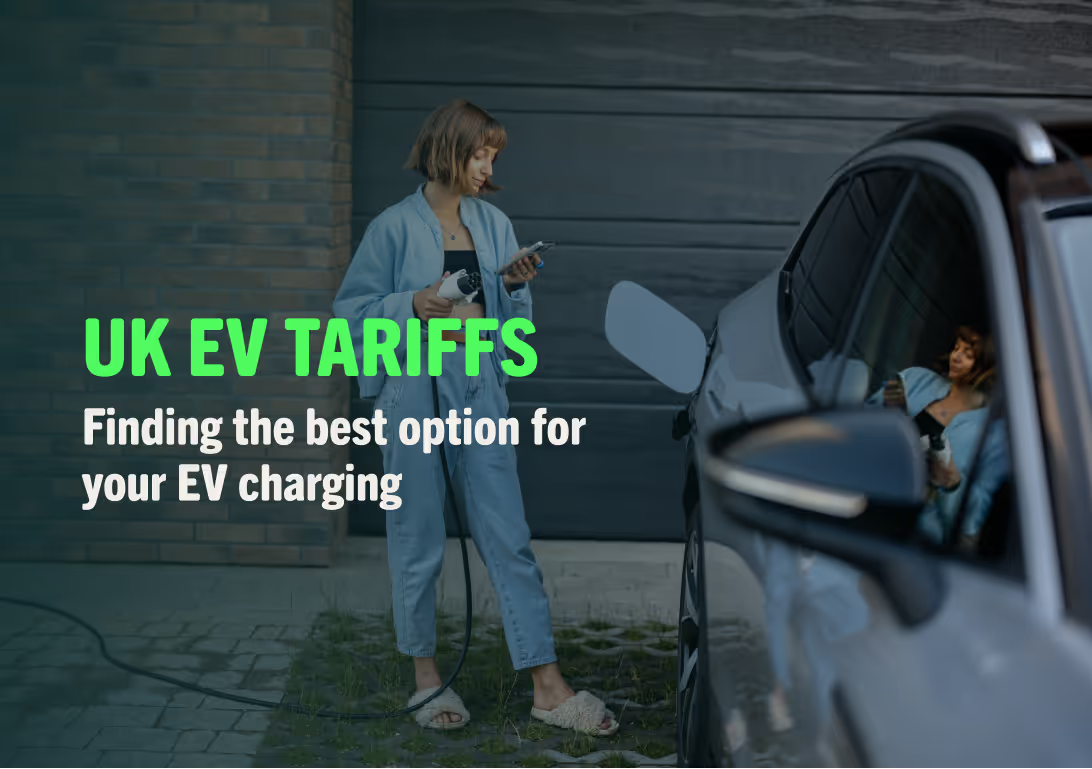What's the cost to charge an electric vehicle?


Running an electric vehicle can cost significantly less than a petrol or diesel car. The annual tax and maintenance costs alone can be around 49% lower than for petrol vehicles[i]. And that’s before you factor in the all-important fuel, which can save you around 58% compared to petrol vehicles. Of course, charging costs are dependent on a number of factors, such as where you’re charging (home charging is generally cheaper than a public charge point), how big your car battery is, and what time of day you’re charging.
However, with a bit of know-how, the right apps and a little smart shopping, charging your electric vehicle can be extremely cost-effective. Here are six ways in which you can drive down electricity costs, and the costs to charge your electric vehicle.
Power up with green energy
Powering your electric car at home isn’t just the cheapest option – it’s the greenest. And with new apps and electricity tariffs appearing all the time, it’s easier than ever to ensure you’re charging on renewables. Plus, going greener comes with additional perks, Igloo Energy are currently offering 1200 miles worth of charging for free a year, and EV tariffs like E.ON Next Drive rewarding customers for charging between 12am – 4am with the cheapest EV charging rate of 4p/kW per hour.
Go off-peak
Charging your electric vehicle during off-peak hours is a no-brainer if you’re concerned about cost.
The difference between on-peak and off-peak rates are huge, with the average daily price for electricity in the UK at 20.3p per kWh, over four times the cost of the cheapest off-peak EV charging rate mentioned above.[ii]To make enormous savings on charging your electric vehicle, the hardest thing you have to do is remember to align your charging with those great value off-peak times.
The great news is that ev.energy will automatically do this for you. Simply plug in your car, tell the app when you’d like it ready to drive away and our software will work out the rest. The smart technology takes care of calculating the cheapest and greenest times on your tariff and controlling your charging to happen during this window. Our users can save £200 a year on their energy bills, just from using our smart charging technology.
Earn rewards while you charge
Not only are the costs to charge significantly reduced when you use an app like ev.energy, but you can also earn rewards. That’s because you’re essentially asking your car to synchronise with the demands of the grid, and to charge accordingly. This helps energy suppliers and the national grid to balance energy demand. And that can be worth a reward or two for you – like free coffees or Amazon cashback vouchers.
Get paid for charging your car. No, really.
UK weather is anything but predictable. Occasionally, it’ll hit that sweet spot for renewable energy: a super sunny heat wave or a week of gale-force winds. And when that happens, the grid can amass surplus renewable energy. During Storm Dennis, the grid was flooded with wind-generated power, causing wholesale power prices to turn negative. It meant that ev.energy customers were actually being paid by their energy providers to charge their cars. Read more about this in our blog: How ev.energy Users Were Paid to Charge Their Cars While They Slept.
Install solar panels
Generating your own solar power is a great way to reduce your carbon footprint, become independent from the grid, and save on bills. And charging your electric vehicle with free, locally generated, zero carbon energy has to be the best feeling in the world. Solar panels are often less expensive than you might imagine. In fact, costs have dropped 89% in the past decade and are predicted to drop another 34% in the next 10 years.[iii]
With evolving technology and features like ev.energy Home Solar, it’s possible to smart charge your car using your existing set-up without any additional hardware. Using our software, we align your smart charging to maximise the energy generated from your solar panels. For you, it will feel as simple as flicking a switch – the only information we need is your solar panel array size.
Plan your journey
It’s more economical to charge an electric car at home, even with the initial outlay of installing a home charger. It’ll be even cheaper using an app like ev.energy to charge your car during off-peak times.
Plan your route to include public charging stations. For convenience, you can look for rapid chargers at motorway service stations. Bear in mind that rapid charging can be a pricier option, but it works in a pinch, or when you don’t have time to spare. Many supermarkets will offer free charging for customers, so that could be a good option to keep an eye out for. Whatever charging stations you identify, have a plan B, because if there’s a queue or the charger is out of action, you could be in for a long wait.
You may be able to avoid charging on the road altogether if your end destination has charging points. This is something more and more hotels are offering, so it’s worth building this into your journey plan. Better still, there’s a roaming feature coming soon to the ev.energy platform, giving you access to even more charging locations.
Power up for the future
Using an electric vehicle can be rewarding in more ways than one. Not only can an electric vehicle be an extremely cost-effective way to get from a to b, you’ll be able to do so in the knowledge that you’ve made the greener choice and reaped financial rewards.
The next step? If you have a compatible electric vehicle already, you can connect to the ev.energy app directly. If you’re new to all of this, try a demo by downloading the app and tapping on “explore.” Take the ev.energy app for a spin today and see how it feels.
[i] Source: www.thisismoney.co.uk/money/cars/article-8540469/Electric-vehicles-CHEAPER-petrol-cars.html
[ii] Source: https://energysavingtrust.org.uk/time-use-tariffs-all-you-need-know/
[iii] Source: https://ev.energy/news/home-solar/
Image Credit to https://www.evclicks.co.uk
